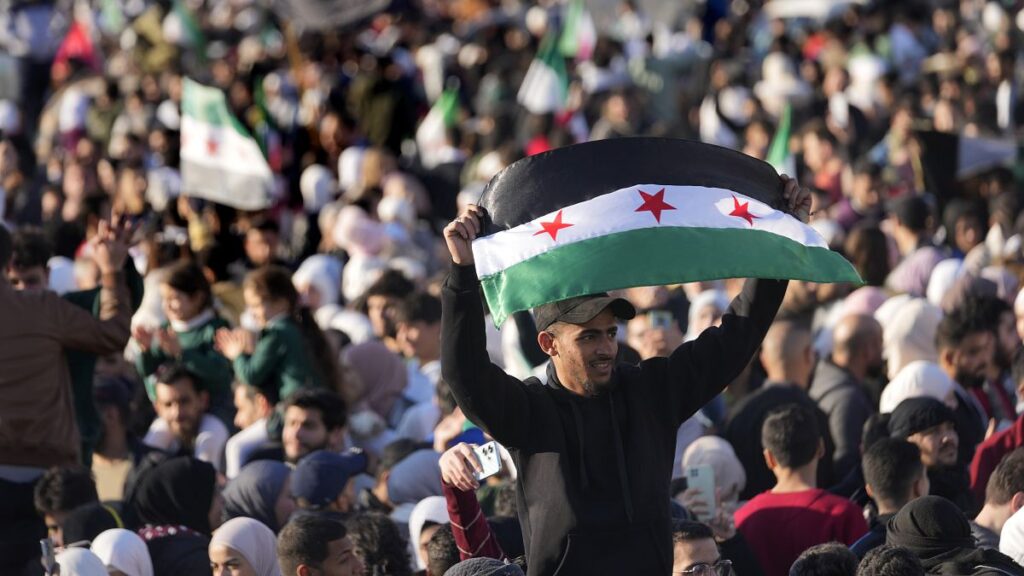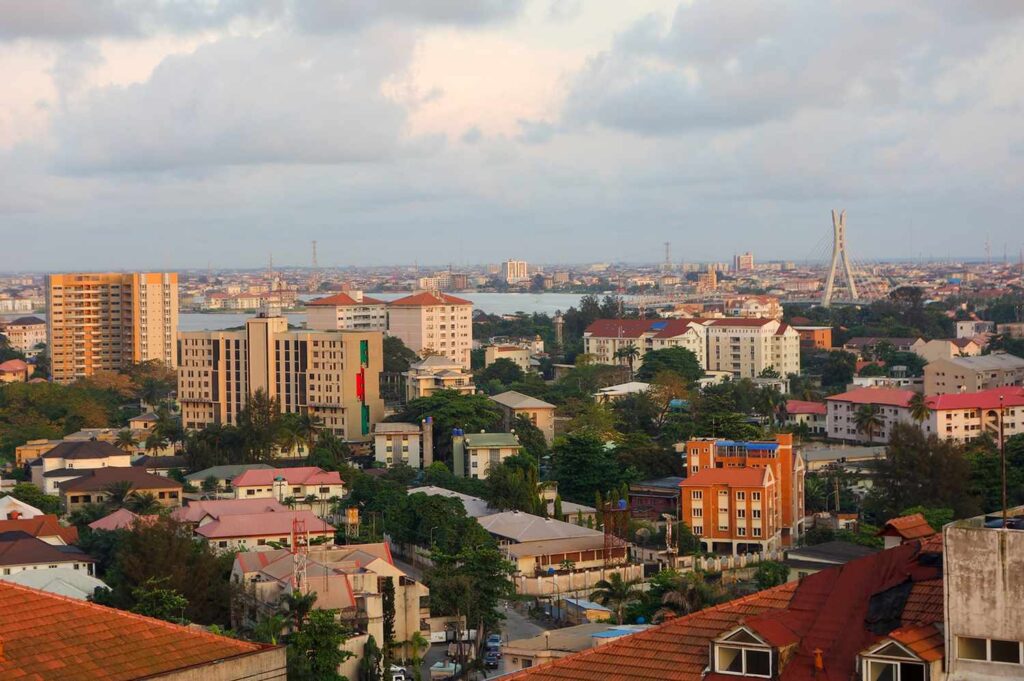Meanwhile, Lebanese authorities handed over dozens of Syrian nationals, including former officers in the army, to the new administration in Damascus after they were caught illegally entering Lebanon.
Syria’s embassy in Lebanon has suspended consular services a day after two relatives of ousted President Bashar al-Assad were arrested at Beirut airport, allegedly with forged passports.
The embassy announced on its Facebook page that consular work was suspended “until further notice” at the order of the Syrian foreign ministry.
The announcement did not give a reason for the suspension.
But two Lebanese security officials, who spoke on condition of anonymity, claimed the suspension was ordered because the passports belonging to Assad’s relatives were believed to have been forged in the embassy.
Meanwhile, Lebanese authorities handed over dozens of Syrian nationals, including former officers in the army, to the new administration in Damascus after they were caught illegally entering Lebanon, a war monitor and Lebanese officials said.
The UK-based Syrian Observatory for Human Rights reported that 70 Syrians were handed over by a Lebanese security delegation to the security forces of the new Syrian government, led by the former insurgent group Hayat Tahrir al-Sham (HTS).
Three Lebanese judicial officials, speaking on condition of anonymity, confirmed the report.
Regional countries have been quick to establish ties with Syria’s new rulers.
Delegations from Libya and Bahrain arrived in Damascus on Saturday on official visits.
HTS leader Ahmad al-Sharaa has largely succeeded in calming fears within and outside of Syria that his group would unleash collective punishment against communities that supported Assad’s rule or attempt to impose strict Islamic law on the country’s religious minorities.
However, in recent days, sporadic clashes have broken out between the HTS-led security forces and pro-Assad armed groups.
The country’s new security forces have launched a series of raids targeting officials affiliated with al-Assad and have set up checkpoints in areas with significant populations of the Alawite religious minority to which the former president belongs to search for weapons.
There have also been ongoing tensions and clashes in north-eastern Syria between Kurdish-led forces and armed groups backed by Turkey.
Many Kurds have viewed the new order in Damascus, which appears to have strengthened Turkey’s hand in Syria, with anxiety.
Ankara sees the Kurdish-led Syrian Democratic Forces, a key US ally in the fight against the so-called Islamic State group, as an affiliate of its sworn enemy, the Kurdistan Workers’ Party (PKK), which it classifies a terrorist organisation.
The US State Department said on Saturday that Secretary of State Antony Blinken had spoken with Turkish Foreign Minister Hakan Fidan to “discuss the latest developments in Syria.”
“Secretary Blinken emphasised the need to support a Syrian-led and Syrian-owned political process that upholds human rights and prioritizes an inclusive and representative government,” the statement said.


